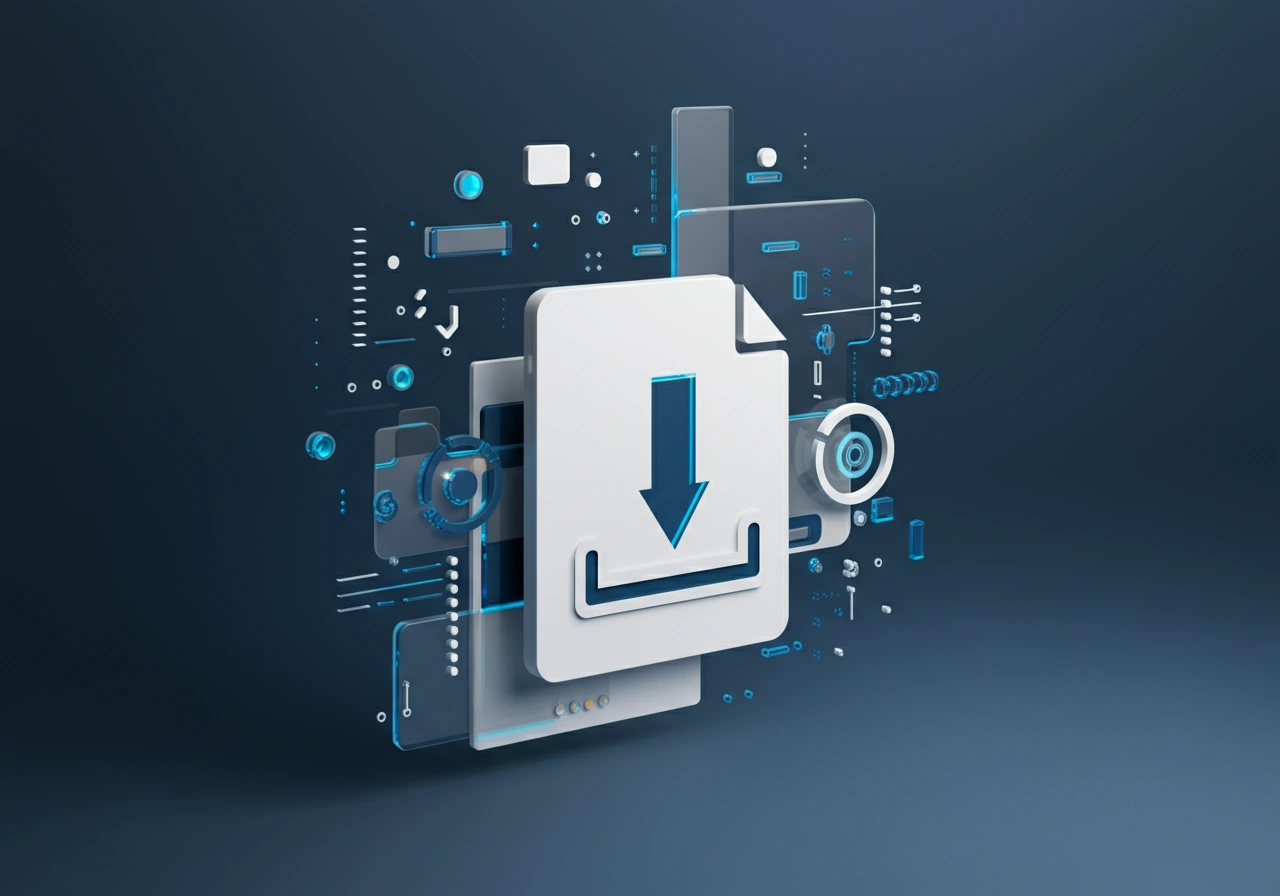You’ve stumbled upon a file identifier that has piqued your curiosity. Many users wonder “can I download 6-95fxud8” when they encounter this alphanumeric code online. This seemingly random string of characters might appear in search results, forums, or file-sharing platforms, leaving you questioning its purpose and availability.
Understanding what lies behind mysterious file codes like “6-95fxud8” requires careful consideration of several factors. These identifiers often represent various types of digital content, from software applications to media files, but downloading them isn’t always straightforward—or advisable.
This guide will help you navigate the complexities surrounding such file identifiers, explore the potential risks involved, and provide safer alternatives for obtaining the content you’re seeking.
Understanding “6-95fxud8”
The code “6-95fxud8” follows a pattern commonly used in digital file management systems. These alphanumeric identifiers serve multiple purposes across different platforms and services.
Common Sources of File Identifiers
File codes like this typically originate from:
Cloud Storage Services: Platforms like Google Drive, Dropbox, or OneDrive generate unique identifiers for shared files. These codes help organize and reference specific uploads without revealing sensitive information about the file structure.
Software Repositories: Development platforms and software distribution networks use similar coding systems to catalog applications, updates, and patches. Each version receives a unique identifier for tracking and distribution purposes.
Gaming Platforms: Digital game stores and mod repositories frequently employ alphanumeric codes to identify specific game files, downloadable content, or community modifications.
Academic and Research Databases: Educational institutions and research organizations use coded systems to catalog papers, datasets, and other academic resources.
File Type Possibilities
Without additional context, “6-95fxud8” could represent various file types:
- Executable software (.exe, .dmg, .deb)
- Compressed archives (.zip, .rar, .7z)
- Media files (.mp4, .mp3, .pdf)
- System updates or patches
- Database exports or backups
The ambiguous nature of such codes makes it essential to verify their legitimacy before attempting any downloads.
Legality and Safety Concerns
Downloading files identified only by cryptic codes presents significant legal and security risks that deserve serious consideration.
Legal Implications
Copyright Infringement: Many files shared through unofficial channels violate copyright laws. Downloading copyrighted software, media, or other protected content without proper licensing can result in legal consequences.
Terms of Service Violations: Even if the content isn’t copyrighted, downloading files through unauthorized means may violate platform terms of service, potentially leading to account suspension or legal action.
Regional Restrictions: Some content may be legally available in certain jurisdictions but restricted in others due to licensing agreements or local regulations.
Security Risks
Malware Distribution: Unverified files frequently contain malicious software designed to compromise your system. These threats include viruses, trojans, ransomware, and spyware that can steal personal information or damage your computer.
Data Harvesting: Seemingly innocent downloads might collect personal information, browsing habits, or system specifications for unauthorized purposes.
System Vulnerabilities: Installing unknown software can create security holes in your system, making it vulnerable to future attacks or unauthorized access.
Financial Fraud: Some malicious files are designed to steal banking information, credit card details, or other sensitive financial data.
Red Flags to Watch For
Several warning signs indicate potentially dangerous downloads:
- Files offered through unofficial channels or suspicious websites
- Lack of clear information about the file’s origin or purpose
- Requests for system administrator privileges during installation
- Missing digital signatures or certificates
- Unusually small file sizes for supposedly large applications
- Poor grammar or spelling in download descriptions
Safe Alternatives and Resources
Rather than risking potential harm by downloading unverified files, consider these safer approaches to finding the content you need.
Official Sources
Manufacturer Websites: Always check the official website of software developers or content creators first. They provide legitimate downloads with proper support and security measures.
Authorized Retailers: For commercial software, use established retailers like Amazon, Best Buy, or specialized software distributors that guarantee authentic products.
App Stores: Mobile applications should only be downloaded from official app stores like Google Play, Apple App Store, or Microsoft Store, which implement security screening processes.
Legitimate Free Alternatives
Open Source Software: Platforms like GitHub, SourceForge, and FossHub offer free, open-source alternatives to many commercial applications. These downloads are typically safe and regularly maintained by active communities.
Educational Resources: Many universities and educational institutions provide free access to software, research papers, and other materials through their official portals.
Library Services: Public libraries increasingly offer digital resources, including software licenses, e-books, and multimedia content that members can access legally.
Verification Methods
Before downloading any file, take these precautionary steps:
Research the Source: Look up reviews, forum discussions, and official documentation about the file or software you’re seeking.
Check Digital Signatures: Legitimate software typically includes digital signatures that verify the publisher’s identity and file integrity.
Use Antivirus Scanning: Run downloaded files through multiple antivirus scanners before opening them on your system.
Sandbox Testing: Consider using virtual machines or sandboxed environments to test suspicious files without risking your main system.
Finding What You Really Need
If you’re searching for specific software or content, these strategies can help you locate legitimate alternatives:
Identify Your Actual Requirements
Take time to clearly define what functionality you need rather than focusing on a specific file name. This approach often reveals multiple solutions that might serve your purposes better than the original file you were seeking.
Community Resources
Reddit Communities: Subreddits dedicated to specific software types often provide recommendations and links to legitimate downloads.
Discord Servers: Many software communities maintain Discord servers where members share resources and provide support for legitimate alternatives.
Professional Forums: Industry-specific forums frequently discuss software options and provide guidance on obtaining legitimate licenses or alternatives.
Budget-Friendly Options
Student Discounts: Many software companies offer significant discounts or free licenses for students and educational institutions.
Trial Versions: Most commercial software provides free trial periods that let you evaluate functionality before purchasing.
Subscription Services: Consider software-as-a-service options that provide ongoing updates and support for a monthly fee rather than large upfront costs.
Making Informed Decisions
The mystery surrounding “can I download 6-95fxud8” highlights a broader issue in digital content consumption. While the internet offers unprecedented access to information and resources, it also presents significant risks for unwary users.
Your digital security and legal compliance should always take priority over convenience or cost savings. The temporary inconvenience of finding legitimate alternatives pales in comparison to the potential consequences of downloading malicious or illegal content.
Instead of pursuing questionable downloads, invest time in researching legitimate sources and alternatives. This approach not only protects your system and personal information but also supports content creators and software developers who deserve compensation for their work.
Remember that the most valuable downloads are those that come with proper documentation, support resources, and security guarantees—benefits that mysterious file codes rarely provide.




